
Which site would you like to visit?
By clicking the retail or wholesale site button and/or using rarewineco.com you are choosing to accept our use of cookies to provide you the best possible web experience.
March 3, 2014 by Mannie Berk
The reawakening of traditionalism in Piemonte over the past two decades has revealed many truths.
Truth #1 is that while modernism produced a number of fine winemakers, none has surpassed the genius of such traditional giants as Giovanni Conterno, Bartolo Mascarello, Bruno Giacosa, or Mauro Mascarello.
Truth #2 is that the modernist doctrine of short macerations and barrique aging has yet to produce Barolo or Barbaresco that will rival the best of the traditional school for purity of expression or longevity.
And we’ve learned other things, including that the Produttori del Barbaresco’s Single-Vineyard Riservas stand shoulder-to-shoulder with the region’s best.
But one truth has yet to be revealed: that the Produttori’s Barbaresco normale—yes, the cuvée that can cost you little more than $30 on release—is also one of Piemonte’s great traditional wines. And with 20 or 30 years of age, its nobility is abundantly expressed.
Last fall we assembled a vertical tasting of 14 vintages of Produttori normale, from 1967 to 1999, organized in flights by decade.
The tasting provided one revelation after another. Not only did the wines of the ’80s show that they had not yet peaked, the wines from the ’70s were still in their prime, including the brilliant 1974. This 39-year-old wine probably cost $4 on release, yet today it rivals just about anything made in Europe in 1974.
The tasting showed that the Barbaresco normale begs to be cellared like other great traditional Nebbiolos. But we were also left with questions, including how such a modestly priced wine can be as great as it is—and so close in quality to the riservas.
And so we went to our old friend, longtime Produttori direttore, Aldo Vacca. What we learned may surprise you.
The key is the raw material. We all know that the nine riservas—made only in great vintages—come from iconic vineyards. But a full 70 to 80 percent of what goes into the regular Barbaresco comes from vineyards at the same level of quality.
Here’s how the cuvée is created. In years in which the nine single-cru bottlings are made, a significant portion—forty percent—of the normale comes from the four crus in which Produttori members have the largest holdings: Montestefano, Ovello, Pora and Rio Sordo.
Another 30% comes from three renowned sites never bottled separately by the Produttori: Basarin and San Cristoforo in Neive and Faset in Barbaresco. These, too, are great vineyards; San Cristoforo produced one of Bruno Giacosa’s earliest single-vineyard Barbarescos. The juice from these vineyards is a primary reason for the backbone, depth and character of the normale, regardless of the vintage.
The balance is made up of the other crus, including the famous Gallina. And each cru contributes its unique character to this wine’s harmony.
In years when the single-vineyard wines are not made, the nine crus make up an average 60% of the normale blend. They are complemented by major contributions from Bararsin, San Cristoforo, and Faset, plus smaller amounts of other crus.
And to secure the quality of the blend, the Produttori typically declassifies about 20% of production, which goes into their Langhe Nebbiolo bottling. This ensures that only the finest juice goes into the flagship wine.
Throughout its history, the Barbaresco normale has been aged exclusively in botti, not barrique. Even today it spends 20-24 months in large barrels, compared to three years decades ago.
Maceration on the skins also remains highly traditional. It had been as much as two months in the 1970s, and then dipped to 15 days between 1984 and 1986, but today is a relatively long three to five weeks.
At the beginning (from 1958 to 1966), the Produttori made no single-cru wines. This was a reflection of the times, when blending was considered the surest way to create a complete wine from Nebbiolo. In addition to the normales made in those years, we have seen blended riservas from 1959, 1961, 1962 and 1964.
But then in 1967, the Produttori joined the ranks of producers making single-vineyard wines. (These have always been riservas.) This is the history:
1967: Ovello, Rabajà, Pajé, Pora, Martinenga, and Moccagatta
1970: Ovello, Rabajà, Pora, and Moccagatta
1971/1974: Ovello, Rabajà, Pora, Montestefano, and Moccagatta
1978/1979: Ovello, Rabajà, Pora, Montestefano, Moccagatta, Asili, Montefico, Rio Sordo
1982: Ovello, Rabajà, Pora, Montestefano, Moccagatta, Asili, Montefico, Pajé, Rio Sordo
These nine Riservas have been made 14 times since. But the normale has always been the benchmark. In years of no single-vineyards, it has represented the very best of the Produttori’s production. But even in years in which the crus are made, the quality comes very close.
The normale represents something else important. It is the great surviving example of blended Barbaresco—a legacy of a noble, but endangered, philosophy.
As the details above suggest, and our tasting last fall proved, the Produttori Barbaresco normale has always been built to age. And it is one of Barbaresco’s greatest wines. Yet, it has been trapped in the shadow of the more prestigious Produttori riserva bottlings, as well as in the shadow of the Langhe’s more famous producers.
In fact, it’s really only a matter of time before the Produttori Barbaresco normale is collected and aged like the best of the the Langhe Old School. Which is just what it deserves.
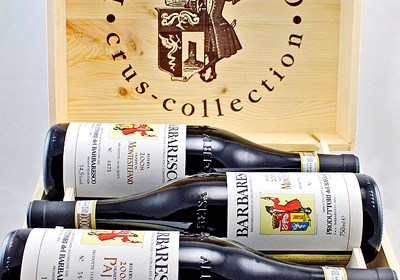 Article
Article
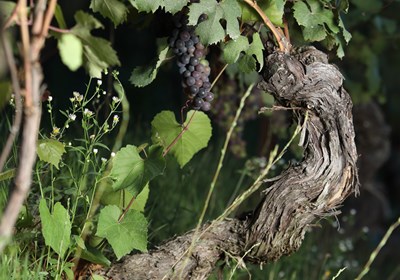 PRODUCER
PRODUCER
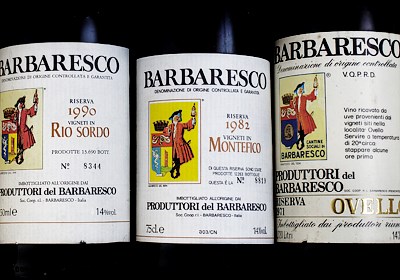 Event
Event
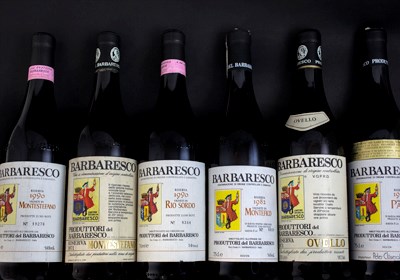 Event
Event
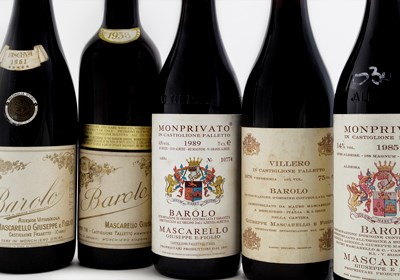 Event
Event
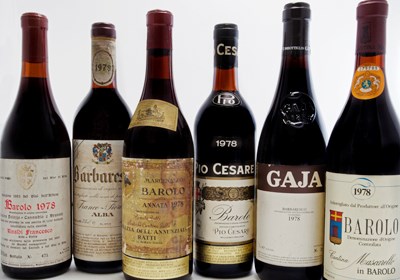 Event
Event
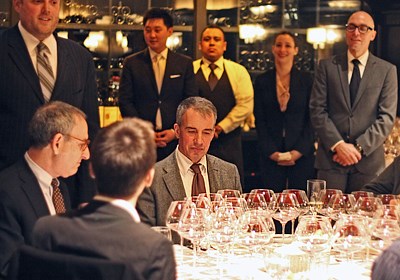 Event
Event
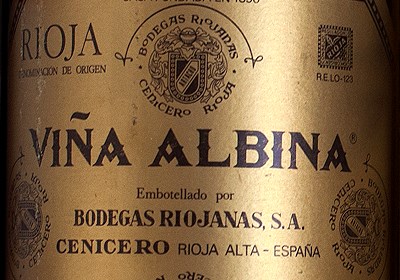 Event
Event
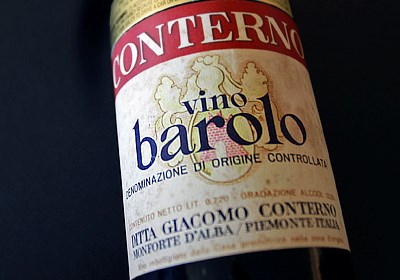 Event
Event
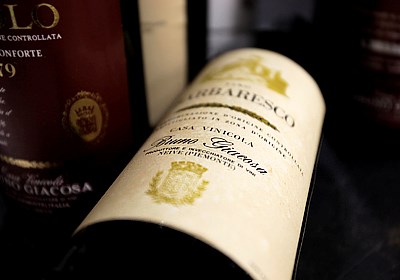
New discoveries, rare bottles of extraordinary provenance, limited time offers delivered to your inbox weekly. Be the first to know.
Please Wait
Adding to Cart.
...Loading...
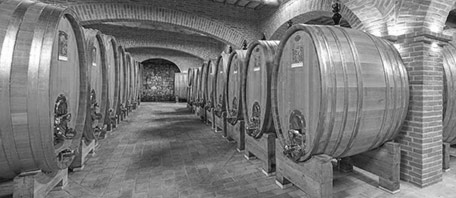

By clicking the retail or wholesale site button and/or using rarewineco.com you are choosing to accept our use of cookies to provide you the best possible web experience.

